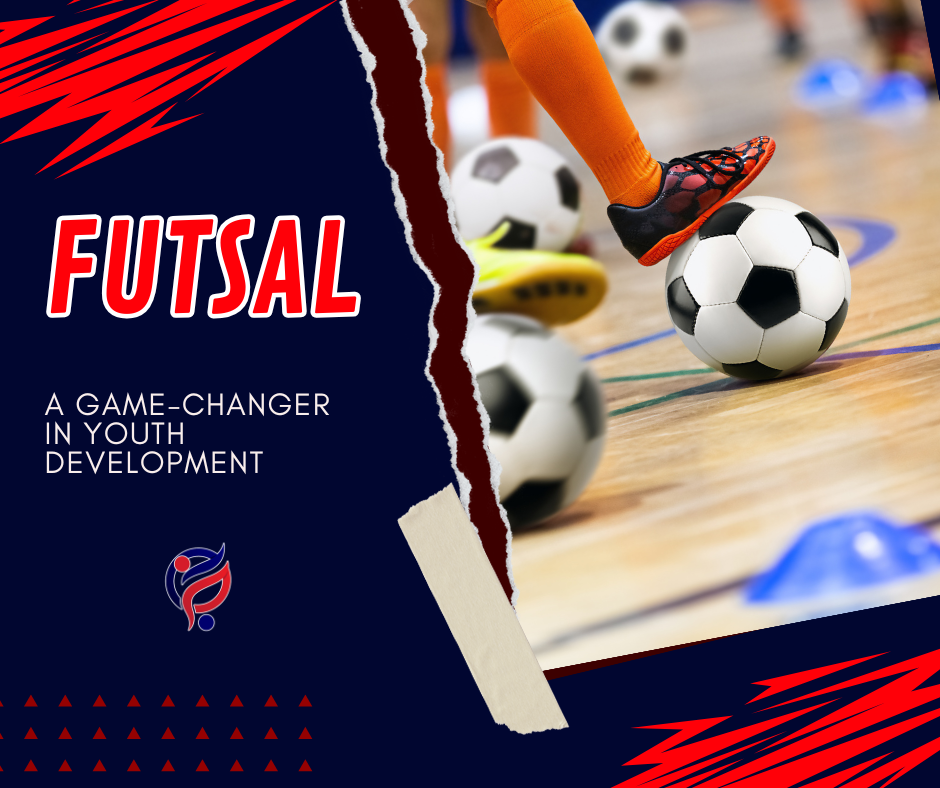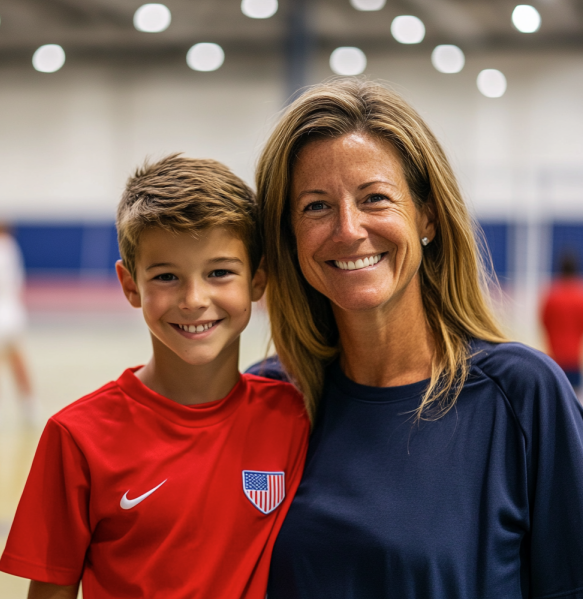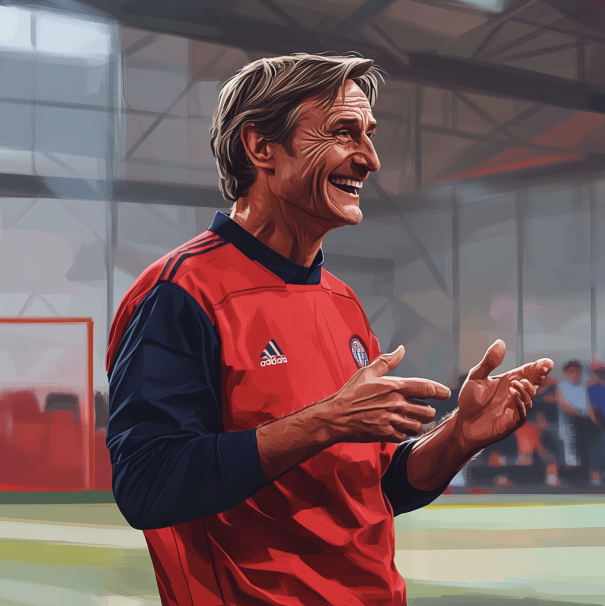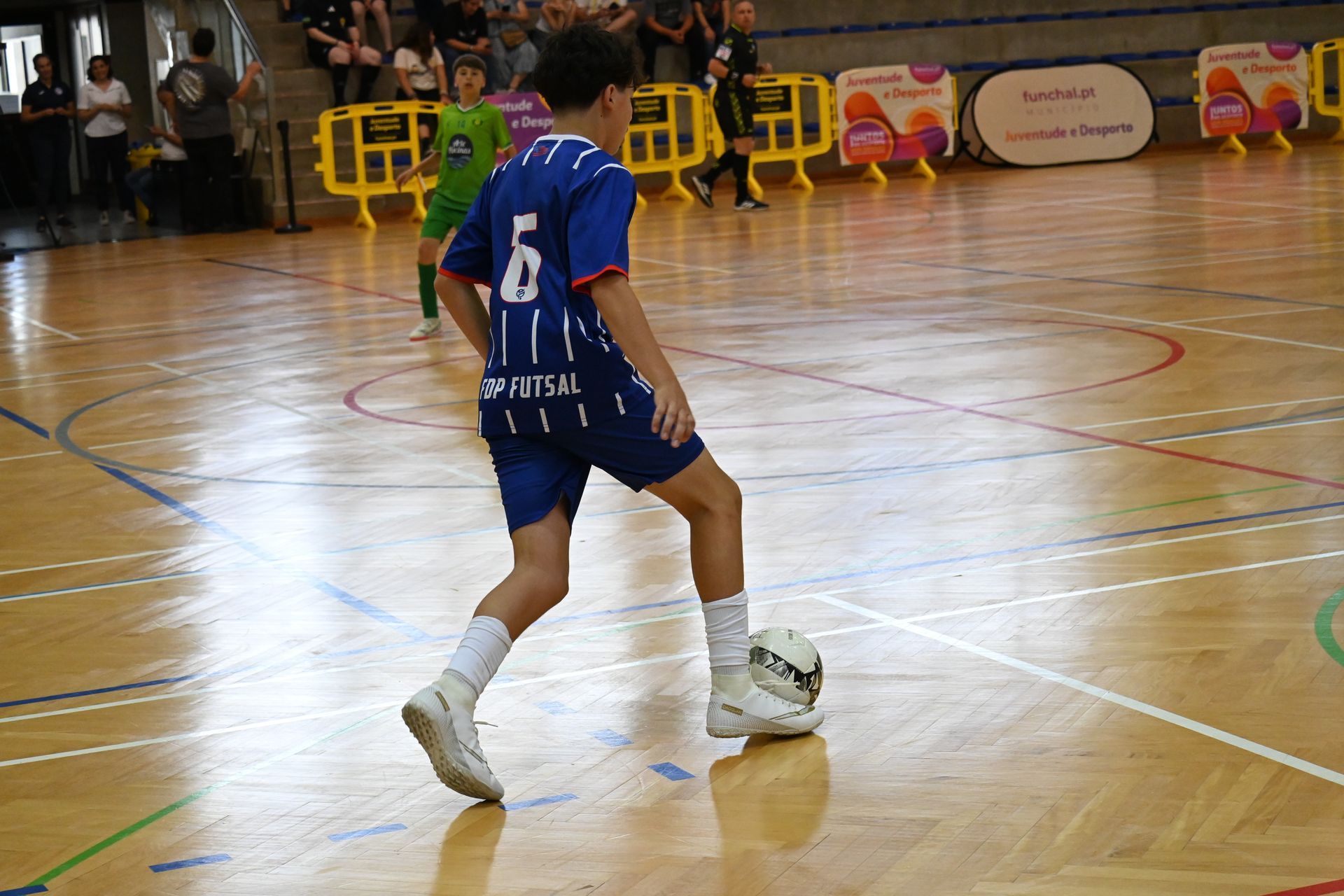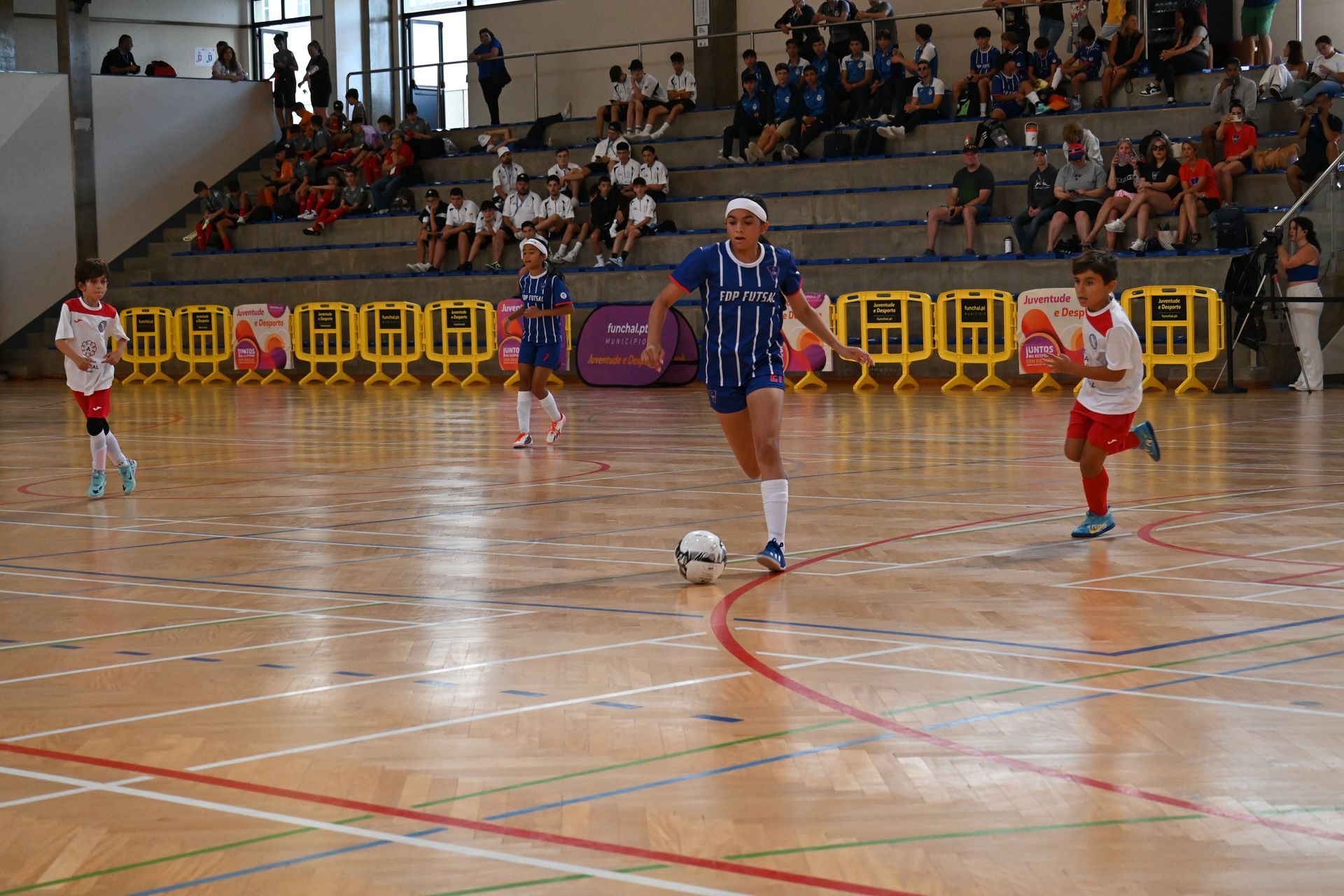Self-Motivation in Athletes: The Key to Success
Self-Motivation in Athletes: The Key to Success

In the world of sports, talent and physical ability are undeniably important. However, they alone are not enough to guarantee success. One of the most critical elements that separates good athletes from great ones is self-motivation. This internal drive, the hunger to push oneself beyond the limits, is what truly allows athletes to unlock their full potential. As Jose Mourinho famously told Dele Alli, "You have to demand more from yourself." This statement underscores the importance of self-motivation in an athlete's journey.
While coaches and parents play a significant role in an athlete’s development, it is ultimately the athlete's responsibility to cultivate and sustain their motivation. Those who rely solely on external sources of motivation often find themselves inconsistent in their performances. Conversely, self-motivated athletes exhibit resilience, commitment, and a relentless focus on their goals, making them more prepared, both mentally and physically, for the challenges of competition.
The Impact of Parental Motivation on Young Athletes
Parents naturally want the best for their children, especially when it comes to their athletic endeavors. However, there is a fine line between supporting a child’s dreams and pushing them towards a path they are not fully committed to. In many cases, parents may be more motivated than the athletes themselves, which can lead to several negative outcomes.
Five Negative Effects of Higher Parental Motivation Than Player Motivation
Burnout and Resentment: When parents push too hard, athletes may experience burnout, leading to a loss of interest in the sport altogether. This can cause resentment towards the sport, and even towards the parents, as the athlete feels pressured rather than supported.
Lack of Ownership: If the drive to succeed comes more from the parents than the athlete, the athlete may not develop a sense of ownership over their achievements. They may view their participation as fulfilling someone else’s expectations, rather than pursuing their own goals, which diminishes their intrinsic motivation.
Stunted Personal Growth: An athlete who is driven primarily by external motivation may not develop the mental toughness and resilience needed to overcome challenges. These qualities are critical for long-term success and are best developed when an athlete takes responsibility for their own progress.
Reduced Enjoyment: Sports are meant to be enjoyable, but when the pressure from parents is too high, the fun can be taken out of the game. This can lead to athletes associating sports with stress and anxiety rather than enjoyment and fulfillment.
Unrealistic Expectations: Parents who are overly motivated may set unrealistic expectations for their children, leading to feelings of inadequacy or failure when those expectations are not met. This can damage the athlete's self-esteem and confidence, which are crucial for maintaining motivation.
Fostering Self-Motivation in Youth Athletes
To avoid the pitfalls of excessive parental motivation, it is essential for young athletes to learn how to self-motivate. Coaches and parents can play a pivotal role in nurturing this self-motivation by creating an environment that encourages personal responsibility and a love for the sport.
Five Strategies for Youth Athletes to Self-Motivate
Set Personal Goals: Athletes should be encouraged to set their own goals, both short-term and long-term. These goals should be realistic, measurable, and meaningful to the athlete. Personal goals give athletes a sense of purpose and direction, helping to sustain their motivation.
Develop a Growth Mindset: Athletes should be taught to embrace challenges and view failures as opportunities to learn and grow. A growth mindset fosters resilience and a love for the process of improvement, which are key components of self-motivation.
Practice Self-Reflection: Regular self-reflection helps athletes to understand their strengths and weaknesses. By reflecting on their performances, athletes can identify areas for improvement and set new goals, keeping their motivation alive.
Celebrate Personal Achievements: Recognizing and celebrating personal achievements, no matter how small, can boost an athlete's confidence and motivation. This reinforces the idea that progress is possible and that their efforts are paying off.
Cultivate Passion for the Sport: Ultimately, an athlete’s passion for their sport is the strongest motivator. Coaches and parents should encourage athletes to find joy in the game, explore different aspects of the sport, and connect with others who share their passion. When athletes love what they do, motivation comes naturally.
How Coaches and Parents Can Foster Self-Motivation
Encourage Independence: Allow athletes to take ownership of their training and progress. This can include letting them make decisions about their practice routines or setting their own goals. Independence fosters a sense of responsibility and self-motivation.
Provide Positive Reinforcement: Focus on the effort and attitude of the athlete rather than just the outcomes. Positive reinforcement for hard work, dedication, and improvement helps to build intrinsic motivation.
Be a Supportive Guide: Rather than dictating what an athlete should do, parents and coaches should act as guides. Offer advice, support, and encouragement, but ultimately let the athlete decide the direction they want to take.
Create a Positive Environment: Foster a positive and supportive environment where athletes feel safe to take risks, make mistakes, and grow. A positive environment is crucial for maintaining motivation and a love for the sport.
Model Self-Motivation: Coaches and parents should model self-motivated behavior. Show athletes how self-motivation plays a role in achieving success in various aspects of life, not just in sports.
Self-motivation is the cornerstone of success for athletes. While external motivation from coaches and parents is important, it is the internal drive that ultimately propels athletes to achieve greatness. By fostering an environment that encourages self-motivation, athletes can develop the resilience, focus, and passion needed to reach their full potential.
In the words of Jose Mourinho, athletes must "demand more from themselves" to truly excel and leave no room for regret in their pursuit of success. Contributed By: Niko Alexopoulos
DON'T MISS ANY BLOG POSTS
Unlock Exclusive Insights: Subscribe Now & Stay Ahead of the Curve! Don't Miss a Single Blog Post—Join Our Community for Expert Tips, Fresh Perspectives, and Insider Knowledge. Your Ticket to Stay Informed, Inspired, and Empowered Awaits!
MAXIMIZE YOUR POTENTIAL
Empower Your Journey: Subscribe for Exclusive Access to Training, Programs, Camps, and Events. Elevate Your Skills and Seize Every Opportunity!


